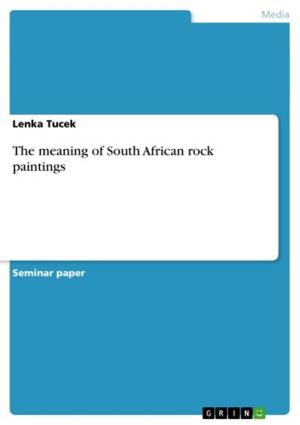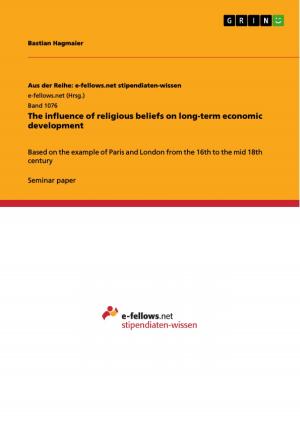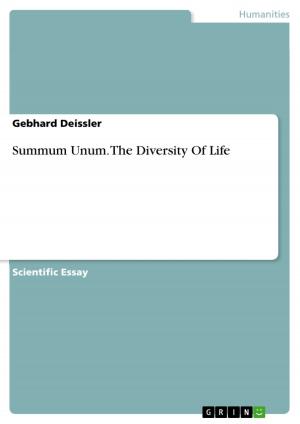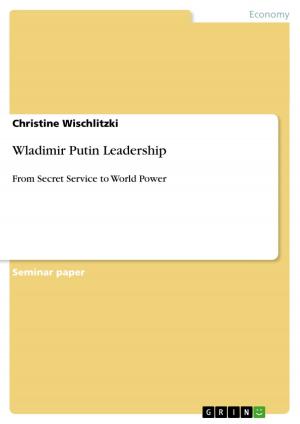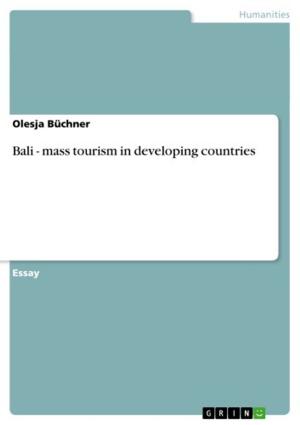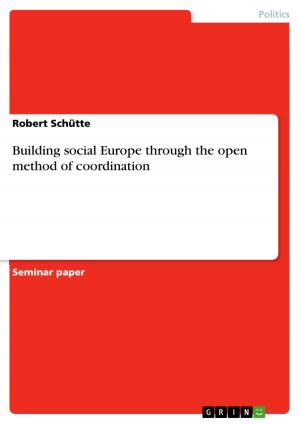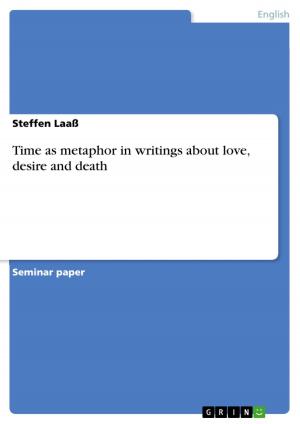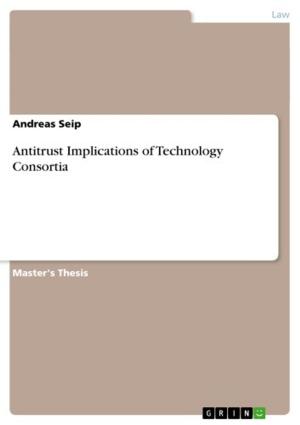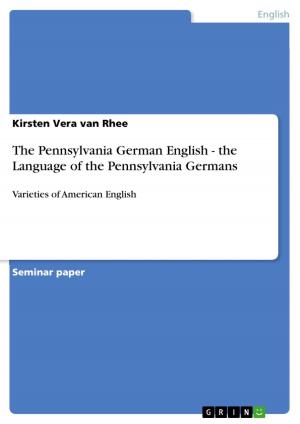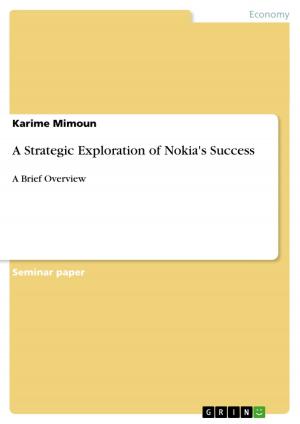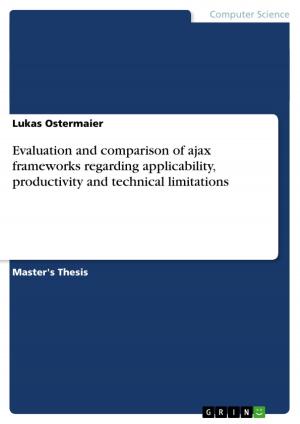Constructivism and Rationalism
Antagonistic or Complementary?
Nonfiction, Social & Cultural Studies, Political Science, International, International Relations| Author: | Samuel Schmid | ISBN: | 9783640904600 |
| Publisher: | GRIN Publishing | Publication: | May 2, 2011 |
| Imprint: | GRIN Publishing | Language: | English |
| Author: | Samuel Schmid |
| ISBN: | 9783640904600 |
| Publisher: | GRIN Publishing |
| Publication: | May 2, 2011 |
| Imprint: | GRIN Publishing |
| Language: | English |
Essay from the year 2010 in the subject Politics - International Politics - General and Theories, grade: 1.0, University of Luzern, course: Hauptseminar 'International Cooperation', language: English, abstract: With the so-called constructivist turn in the social sciences, the relevance of ideational elements for (the construction of) social reality has been increasingly acknowledged. In political science, ideas and norms were always a concern, but never became central until this turn that started out around 1990 (Finnemore and Sikkink 1998: 890). So, it is rather a return to traditional positions and research interests than a mere turn, but with the decisive difference that ideational factors (such as ideas, norms, frames, paradigms, identities etc.) are viewed as the most pivotal ingredients for political results - at least by constructivists themselves (ibid. 888). Rationalists apparently reject these assumptions by labeling interests and according rational behavior as the most crucial elements for political outcomes. Thus, in International Relations Theory, '[t]he opposition of constructivist and 'rationalist' arguments that has become widespread [...] implies that the issues constructivists study (norms, identities) are not rational and, similarly, that 'rationalists' cannot or do not treat norms or identities in their research programs' (Finnemore and Sikkink 1998: 909). But is that really true? Do rationalism and constructivism exclude each other in this respect? Or, in other words, are concepts like ideas, norms, and identities more antagonistic than complementary to the notion of rational utility-maximization? In this essay, I argue that, while materialism (as in classical realism) is clearly opposed to constructivism, rationalism is more complementary than contradictory to constructivism (or vice-versa; see Hurd 2010). Furthermore, this view could also lead to a more fruitful debate. In order to show this, first, the three approaches relevant here (materialism, rationalism, and constructivism) are outlined in relation to each other. Second, the core assumptions of constructivism are discussed in light of this context. Third, I reflect on ideas and interests - which are often seen as antagonistic concepts - and show how their relationship is more complex than normally considered. Finally, the concluding discussion tries to come up with a potential answer to the outlined question.
Essay from the year 2010 in the subject Politics - International Politics - General and Theories, grade: 1.0, University of Luzern, course: Hauptseminar 'International Cooperation', language: English, abstract: With the so-called constructivist turn in the social sciences, the relevance of ideational elements for (the construction of) social reality has been increasingly acknowledged. In political science, ideas and norms were always a concern, but never became central until this turn that started out around 1990 (Finnemore and Sikkink 1998: 890). So, it is rather a return to traditional positions and research interests than a mere turn, but with the decisive difference that ideational factors (such as ideas, norms, frames, paradigms, identities etc.) are viewed as the most pivotal ingredients for political results - at least by constructivists themselves (ibid. 888). Rationalists apparently reject these assumptions by labeling interests and according rational behavior as the most crucial elements for political outcomes. Thus, in International Relations Theory, '[t]he opposition of constructivist and 'rationalist' arguments that has become widespread [...] implies that the issues constructivists study (norms, identities) are not rational and, similarly, that 'rationalists' cannot or do not treat norms or identities in their research programs' (Finnemore and Sikkink 1998: 909). But is that really true? Do rationalism and constructivism exclude each other in this respect? Or, in other words, are concepts like ideas, norms, and identities more antagonistic than complementary to the notion of rational utility-maximization? In this essay, I argue that, while materialism (as in classical realism) is clearly opposed to constructivism, rationalism is more complementary than contradictory to constructivism (or vice-versa; see Hurd 2010). Furthermore, this view could also lead to a more fruitful debate. In order to show this, first, the three approaches relevant here (materialism, rationalism, and constructivism) are outlined in relation to each other. Second, the core assumptions of constructivism are discussed in light of this context. Third, I reflect on ideas and interests - which are often seen as antagonistic concepts - and show how their relationship is more complex than normally considered. Finally, the concluding discussion tries to come up with a potential answer to the outlined question.

